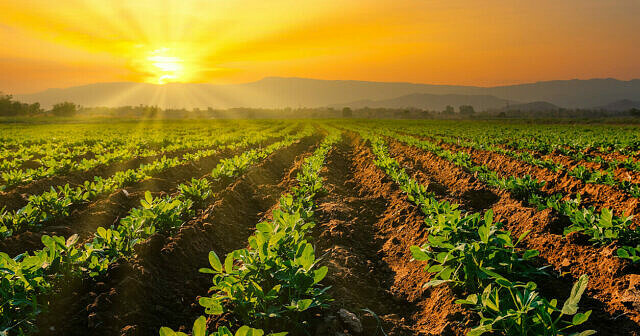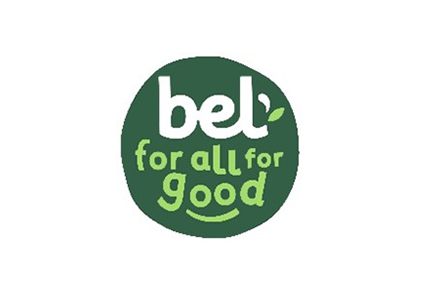Projects, Partnerships and Innovation in a year like no other. Part 1.
31st May 2021
***This interview is an extract of the SAI Platform Annual Report 2020. Go to the Annual Report 2020.***
The events of 2020 did not prevent the Crops Working Group from forging ahead and introducing three ambitious new workstreams to better enable collaboration and achieve greater impact.
Brian Nash is Co-Chair of the Crops Working Group and Vice President of Sustainability at fortune 500 listed ingredients manufacturer Ingredion. Around 80% of Ingredion’s products are supplied to the food and beverage industry, with 20% going into industrial or other applications.

How was 2020 for you?
It was a challenging year, particularly when you talk about sustainable agriculture. A lot of the work we do involves going out and meeting people and so in most geographies that work was impacted. But it was also a year of learning.
We opened up new ways of communication that might mean we’re now more in touch with each other and even better able to progress our agenda without having to travel.
We discovered that you can go into the field with your iPhone, record a video and show it to growers on a video call. Anything we record can be shared online for someone to watch when it suits them.
Video calls with farmers to talk about specific topics to minimise visiting every farm in our supply chain may be something we want to explore going forward.
How have you managed to maintain connection and solidarity in the Crops Working Group this year?
We couldn’t have our annual conference which is an opportunity to have really valuable conversations during breakouts, on field trips or at the bar. However, we began having more video calls and attendance was great. We saw that if a meeting is online, people are more likely to attend. I personally listened into calls while I got on with my work and managed to get something out of the meeting, which wouldn’t have been the case if it had been face-to-face and I simply couldn’t attend.
A positive result was that I got to spend much more time speaking to SAI Platform members about what we want to work on together. And I’ve really got to know people a lot better.
How have you worked with Martina, your new co-chair?
Because we’ve been able to get together with Jenny Edwards, Crops Director, on a monthly basis, our collaboration has gone really well. Martina is open and honest and challenges the way we do things which has been fantastic. We have an excellent ongoing dialogue and are excited about the future.
What did the value areas introduced in 2019 (Positive Farming, Knowledge Building, Creating Shared Value, Developing Partnerships) add in 2020?
They’ve been a great addition. I think the question is how to take those value areas and extend them out over everything we do. So, with projects and workstreams, we have to ask ourselves how can we touch on all the value areas?
Mostly, the value areas have given us a true north that will only get stronger as we go forward. We’ll continue to challenge ourselves and ask how we incorporate the value areas into everything we do and progress. I think that’s the end result we want.
Would you say that sustainable supply chains are more resilient supply chains?
I would say yes. For example, if I have 100 growers in a given region who are all in my sustainable agriculture programme and have completed the FSA, I have transparency as to how resilient they are to a pandemic or, more likely, climate change.
For the Crops Working Group, the focus on resiliency coming out of 2020 is excellent because we’re seeing companies like Ingredion continue to receive senior level resourcing for sustainable agriculture. I don’t think that focus is going away.
Climate change, along with sustainable agriculture have really hit peoples’ radars coming out of 2020.
Turning to climate change, has there been progression in terms of awareness?
The focus has only gone up during the pandemic. It’s gone up at a corporate level – Unilever recently announced it was going to put its climate strategy to vote among its shareholders. I don’t know of any company that’s done this before.
There’s also the growth in awareness among consumers. People have seen the reduction in pollution that’s come with less travel in cars, for instance. They like breathing clean air and seeing clear blue skies.
And what do you hope for 2021?
That all the lessons we learned in 2020 get integrated into business practices going forward. I hope we don’t go back to normal. I hope we take the best of what happened last year and figure out how to be stronger and more efficient in the future. I think we will. There’s going to be a focus on supply chain resiliency, climate change and embracing technology to make us more efficient at doing our jobs and driving progress faster.


